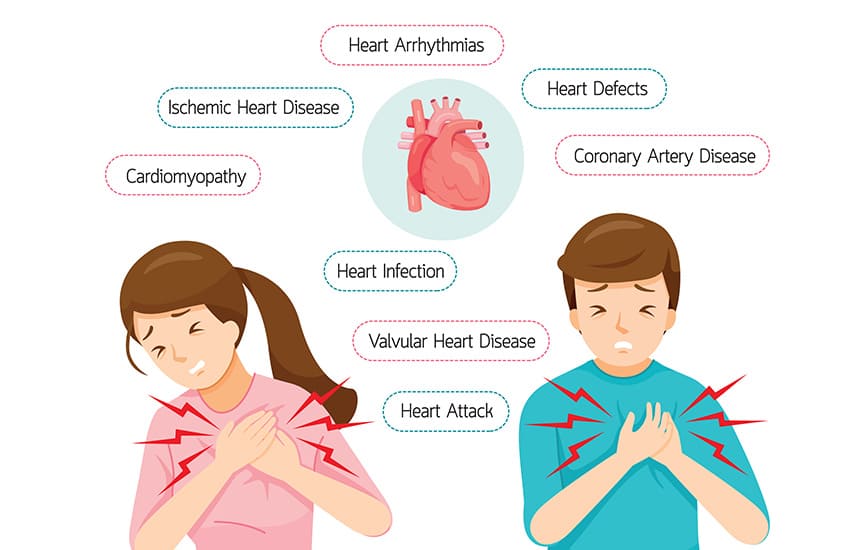
Debunking Common Myths about Heart Disease: Separating Fact from Fiction
Introduction
Heart disease is a prevalent health concern worldwide, affecting millions of individuals. Unfortunately, there are many myths and misconceptions surrounding heart disease that can lead to confusion and misinformation. In this blog, we aim to debunk common myths about heart disease and provide accurate information based on scientific evidence. By dispelling these myths, we hope to empower readers to make informed decisions about their heart health and adopt effective preventive measures.
Myth 1: Heart disease only affects older individuals
Contrary to popular belief, heart disease can affect people of all ages, including young adults and even children. While the risk increases with age, lifestyle factors, genetics, and underlying health conditions can contribute to heart disease at any stage of life.
Myth 2: Only men are at risk of heart disease
Heart disease is often associated with men, but it is the leading cause of death for both men and women worldwide. Women may experience different symptoms than men and are at risk of conditions like coronary artery disease, heart attacks, and heart failure.
Myth 3: Healthy individuals don’t need to worry about heart disease
Even if you lead a healthy lifestyle, heart disease can still affect you. Factors like family history, genetics, high cholesterol, high blood pressure, and smoking can increase your risk. Regular check-ups and adopting a heart-healthy lifestyle are crucial for everyone, regardless of their current health status.
Myth 4: Heart disease is always accompanied by noticeable symptoms
Heart disease can be silent and asymptomatic in its early stages. Many individuals may not experience any noticeable symptoms until they have a heart attack or other serious complications. Regular screenings, monitoring risk factors, and knowing the warning signs can help detect and manage heart disease effectively.
Myth 5: Heart disease is inevitable if it runs in the family
While a family history of heart disease can increase your risk, it doesn’t mean that you are destined to develop the condition. Lifestyle choices, such as a healthy diet, regular exercise, stress management, and avoiding smoking, can significantly mitigate the risk even in those with a genetic predisposition.
Conclusion
By debunking common myths about heart disease, we can foster a better understanding of this widespread condition. It’s crucial to rely on evidence-based information, consult healthcare professionals, and prioritize preventive measures. Remember that maintaining a heart-healthy lifestyle, getting regular check-ups, and managing risk factors can go a long way in reducing the likelihood of heart disease. Let’s dispel the myths and empower ourselves and our loved ones to make informed decisions for optimal heart health.
